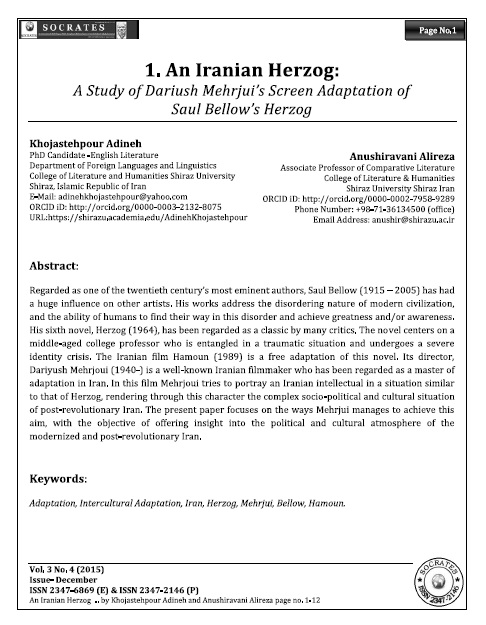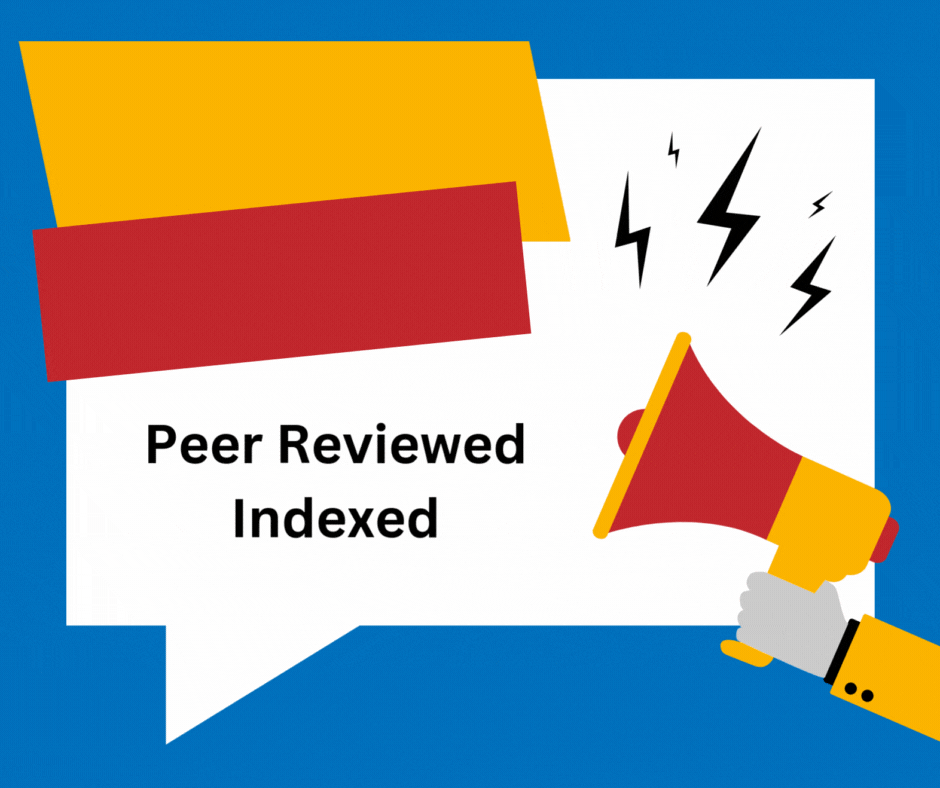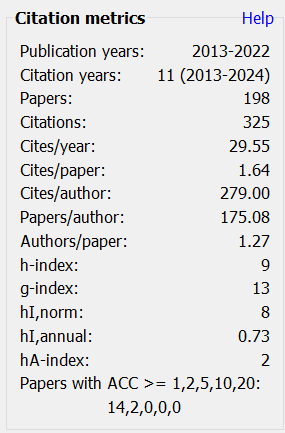An Iranian Herzog
A Study of Dariush Mehrjui’s Screen Adaptation of Saul Bellow’s Herzog
Keywords:
Adaptation, Intercultural Adaptation, Iran, Herzog, Mehrjui, Bellow, HamounAbstract
Regarded as one of the twentieth century’s most eminent authors, Saul Bellow (1915 – 2005) has had a huge influence on other artists. His works address the disordering nature of modern civilization, and the ability of humans to find their way in this disorder and achieve greatness and/or awareness. His sixth novel, Herzog (1964), has been regarded as a classic by many critics. The novel centers on a middle-aged college professor who is entangled in a traumatic situation and undergoes a severe identity crisis. The Iranian film Hamoun (1989) is a free adaptation of this novel. Its director, Dariyush Mehrjoui (1940-) is a well-known Iranian filmmaker who has been regarded as a master of adaptation in Iran. In this film Mehrjoui tries to portray an Iranian intellectual in a situation similar to that of Herzog, rendering through this character the complex socio-political and cultural situation of post-revolutionary Iran. The present paper focuses on the ways Mehrjui manages to achieve this aim, with the objective of offering insight into the political and cultural atmosphere of the modernized and post-revolutionary Iran.
Downloads
Metrics
References
Casetti, F. 2004. Adaptation and Mis-adaptations: Film, Literature, and Social Discourses. In A Companion to Literature and Film, ed. Robert Stam and Alessandra Raengo, 81-91. Malden: Blackwell.
Dabashi, H. 2002. Dead Certainties: The Early Makhmalbaf. In The New Iranian Cinema: Politics, Representation and Identity, ed. Richard Tapper , 117-153. New York: I.B.Tauris & Co Ltd,
Gerson, S. M. 1977. Paradise Sought: Adamic Imagery in Selected Novels by Saul Bellow and Kurt Vonegut, PhD Dissertation. Texas Tech University.
Hutcheon, L. 2006. A Theory of Adaptation. New York: Routledge.
Knight, D. 1993. Reconsidering film theory and method. New Literary History 24(2): 321-338.
Kirstein, R. G. 1980. The Dual Vision: Reality and Transcendence in Saul Bellow’s Fiction, PhD Dissertation. State University of New York at Buffalo.
Leitch, T. 2008. Adaptation Studies at a Crossroad. Adaptation 1(1): 63-77.
Mehrjui, D. Hamun. 1368/1989. DVD
Preston L. K. 2009. Shakespeare, Madness, and Music: Scoring Insanity in Cinematic Adaptations. Lanham: Scarecrow Press.
Qin, L. 2007. Trans-Media Strategies of Appropriation, Narrativization, and Visualization: Adaptations of Literature in a Century of Chinese Cinema, PhD Dissertation, University of California San Diego.
Sadr, H. 2006. Iranian Cinema: A Political History. London: I.B. Tauris.
Sanders, J. 2006. Adaptation and Appropriation. Abingdon: Routledge.
Welsh, J. M. 2007. Introduction. In The Literature/Film Reader: Issues of Adaptation, ed. James M. Welsh and Peter Lev, xiii- xxvii. Lanham, Maryland: Scarecrow Press.
Wright, R. 2000. Iran's New Revolution. Foreign Affairs 79(1): 133-145.

Downloads
Published
How to Cite
Issue
Section
License
Revised Copyright/CC license that applies to all the articles published after 05-02-2017
Attribution-NonCommercial 4.0 International (CC BY-NC 4.0)

Copyright/CC license that applies to all the articles published before 05-02-2017
Attribution-Non Commercial-No Derivatives 4.0 International (CC BY-NC-ND 4.0)

Author(s) will retain all the right except commercial and re-publishing rights. In the case of re-publishing, they will have to obtain written permission from the journal. Additional licensing agreements (Creative Commons licenses) grants rights to readers to copy, distribute, display and perform the work as long as you give the original author(s) credit, they can not use the works for commercial purposes and are not allowed to alter, transform, or build upon the work. For any reuse or distribution, readers and users must make clear to others the license terms of this work. Any of these conditions can be waived if you get permission from the copyright holders. Nothing in this license impairs or restricts the authors’ rights. To view a copy of this license, visit http://creativecommons.org/licenses/by-nc-nd/4.0/ or send a letter to Creative Commons, 171 Second Street, Suite 300, San Francisco, California, 94105, USA.
Research Papers published in SOCRATES are licensed under an Attribution-NonCommercial-NoDerivatives 4.0 International (CC BY-NC-ND 4.0)












